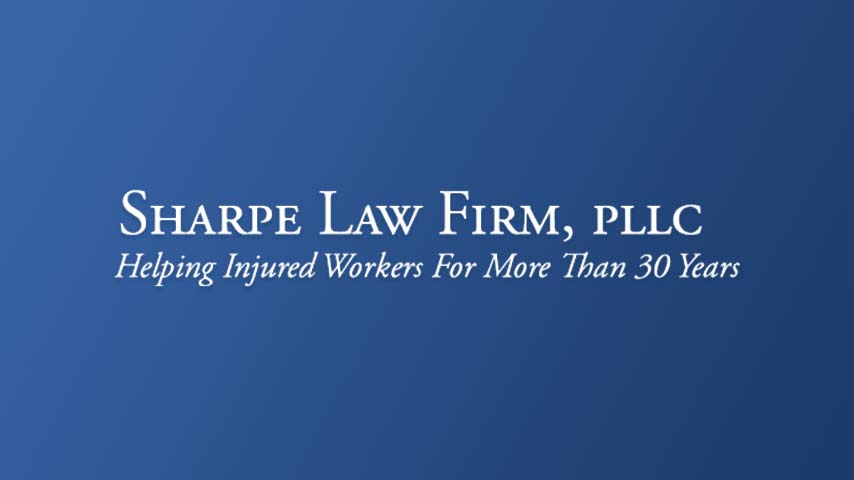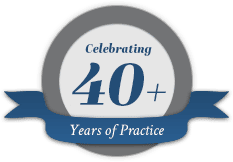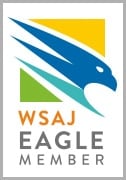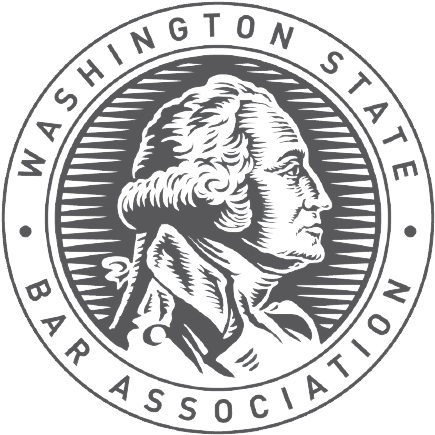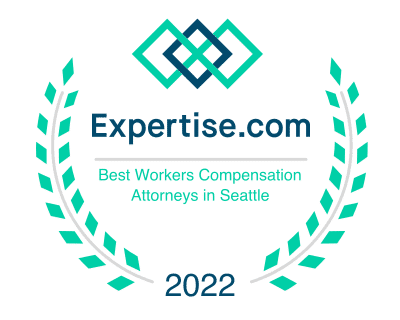Legal Duty to Keep the Property Safe
A person who owns or occupies property has a legal duty to keep the property safe for visitors.
If the property owner or occupant fails to meet that responsibility, and someone is injured by a dangerous condition, they may be able to recover compensation by filing a premises liability claim.
- Premises liability claims include slip-and-fall and trip-and-fall cases and other types of accidents.
- The dangerous conditions can be inside the property or outside the property.
- Failure to properly maintain property in repair and failure to keep property secure can be the basis of premises liability claims.
- Injuries caused by a third-party can be the basis for a claim in some situations.
Specific legal requirements have to be met for injuries from an accident on property to provide the basis for a premises liability claim.
The duty owed to a visitor is determined by why the visitor is on the property.
There are three types of visitors. Property owners have a different level of responsibility to each type of visitor.
- Invitees (Business Visitors)
- Licensees (Social Guests)
- Trespassers (Uninvited Visitors)
Duty to Business Visitors (Invitees)
Invitees are business visitors or people who go to a property that is held open to the public. The property owner owes the highest level of care to invitees.
- When you visit any business or commercial establishment, you are an invitee.
- You are an invitee when you shop at a store, eat dinner at a restaurant, go to see the doctor, or visit a friend in the hospital.
- Most premises liability cases arise because the owner or occupant of a business or commercial establishment failed to meet his or her responsibilities to invitees.
The owner of the business has a responsibility to exercise ordinary care to keep the premises in a reasonably safe condition for invitees. (The duty only applies to those portions of the property that you might reasonably be expected to use. It does not apply to restricted areas.)
Specific requirements must be met for an owner or occupant to be held legally liable to an invitee for injuries caused by a dangerous condition. The owner or occupant is legally responsible if he or she:
- Knows about the unsafe condition — or does not use ordinary care to discover it — and should realize that the condition poses an unreasonable risk of harm;
- Should know that the invitee will not be aware of the dangerous condition or that the invitee will fail to protect himself or herself against it; and
- Fails to use ordinary care to protect invitees from the dangerous condition.
The owner/occupant also has a duty to use reasonable care to discover dangerous conditions and protect invitees from hazards.
An injury on business property does not always mean you have a good premises liability claim.
- An injury does not by itself create liability.
- The facts of the accident need to satisfy all the legal requirements.
- The facts in every case are unique.
Duty to Social Guests (Licensees)
Licensees are visitors who are on the property with the owner’s permission but not for a purpose related to the owner’s business. Property owners and occupants owe a duty to licensees, but the duty is less than the duty owed to an invitee.
- Visitors to private residences are usually licensees.
- When you have friends or family over to dinner, or invite them to stay over as a house guest for a few days, they are licensees. (It’s a little confusing. You “invite” them, but they are licensees — not invitees — in the eyes of the law.)
If an unsafe condition on the property causes injuries, liability to a licensee exists only if these conditions are met:
- The owner/occupant knows or has reason to know of the condition, should realize that it is dangerous, and should realize that the licensee will not see or discover the unsafe condition;
- The owner/occupant fails to exercise reasonable care to make the condition safe or warn the licensee about the condition and the safety risk; and
- The licensee does not know or have reason to know of the condition and the risk involved.
In addition to being responsible for dangerous conditions, the owner/occupant must exercise ordinary care in carrying on activities on the property to avoid injuring licensees.
The main difference between the duty to invitees and the duty to licensees is that for licensees, the owner/occupant does not have the affirmative duty to discover dangerous conditions. That duty does exist with regard to invitees.
As with injuries to business visitors, being injured as a social guest does not necessarily mean that you have a good premises liability claim. The facts of the accident need to satisfy the legal requirements.
Duty to Uninvited Visitors (Trespassers)
A trespasser is someone who goes onto property without the permission or invitation of the owner/occupant. There is no duty owed to a trespasser, except to refrain from deliberately, willfully, or wantonly injuring the trespasser.
- A trespasser goes onto another person’s property at his or her own risk.
- Generally, a premises liability claim is difficult for a trespasser to win.
Who Pays for Injuries in a Premises Liability Claim?
Compensation for premises liability claims is usually paid by an insurance company. Depending on where the accident occurred, it could be homeowner’s insurance or commercial liability insurance that covers the claim.
Third Party Claims
A job injury caused because of a properties condition can also give rise to a third party claim, see: Washington L&I Job Injuries Third Party Claims
What You Should Do If You’re Injured on Business or Private Property in Seattle?
If you suffer any injuries on someone else’s property:
- Get medical treatment and a full medical evaluation immediately.
- Save everything you had with you when the accident happened, including everything you were wearing and carrying (especially your shoes, if the accident was a slip and fall or trip and fall).
- If feasible: At the scene, if you have a friend or family member with you, ask that person to take photos to document the scene of the accident, including photos of the condition that caused your injuries. Also ask him or her to get names and contact information of witnesses who saw the accident.
- Be very careful if you are contacted by an insurance adjuster for the property owner or occupant. Do not unintentionally make statements that could harm your case.
If you are seriously injured, the best decision is to refuse to talk with the insurance adjuster and call a lawyer to handle communication with the insurance company.
When Is It Worth Making a Claim for Injuries on Another Person’s Property?
Premises liability cases often are factually and legally complicated. Being injured on someone else’s property does not always mean you have a good premises liability claim.
- To make a case for an injury as an invitee or licensee, the specific facts must support the legal requirements for imposing liability.
- Demonstrating those facts usually requires substantial investigation.
- Recovery can be limited if the victim’s own conduct contributed to his or her injuries (such as someone falling because he or she drank too much alcohol).
Even when all the legal requirements are met, you probably will not recover compensation by pursuing a legal case if:
- Your injuries are not significant,
- You recover quickly, and
- All your expenses and losses are reimbursed or covered by insurance.
But, if your injuries are severe, you lose work, and require long-term treatment — or if a disability results — it’s in your best interest to get more information. Talk with a personal injury lawyer about your case if you want advice or help.
- Don’t expect the insurance company for the owner/occupant to give you full compensation for your injuries.
- You can jeopardize your case by talking with the insurance company. They are looking for facts to help the insurance company.
- You don’t have to hire a lawyer just to talk with one.



